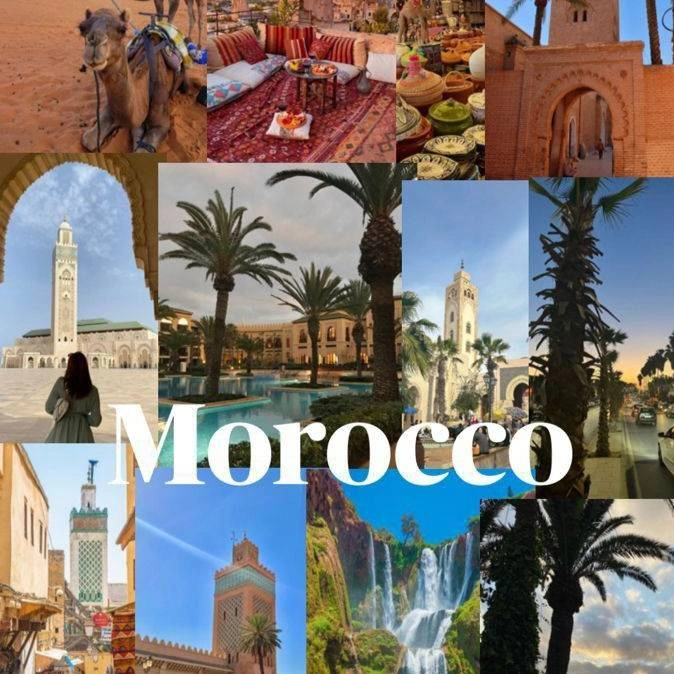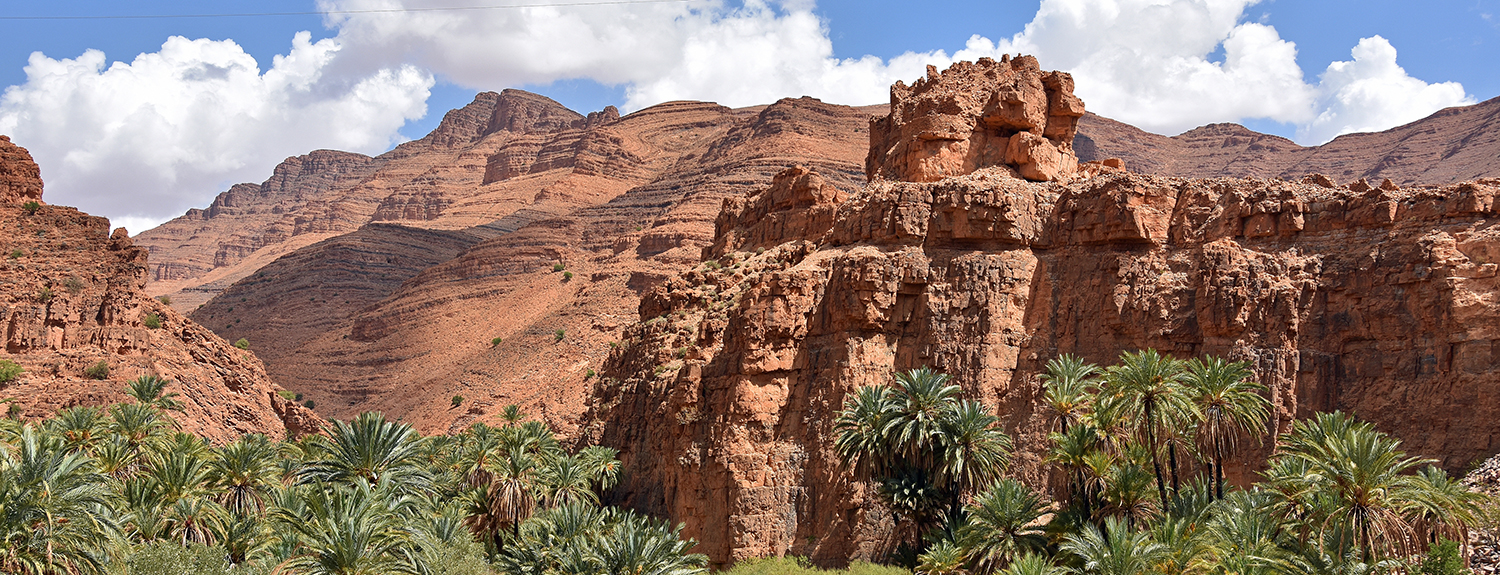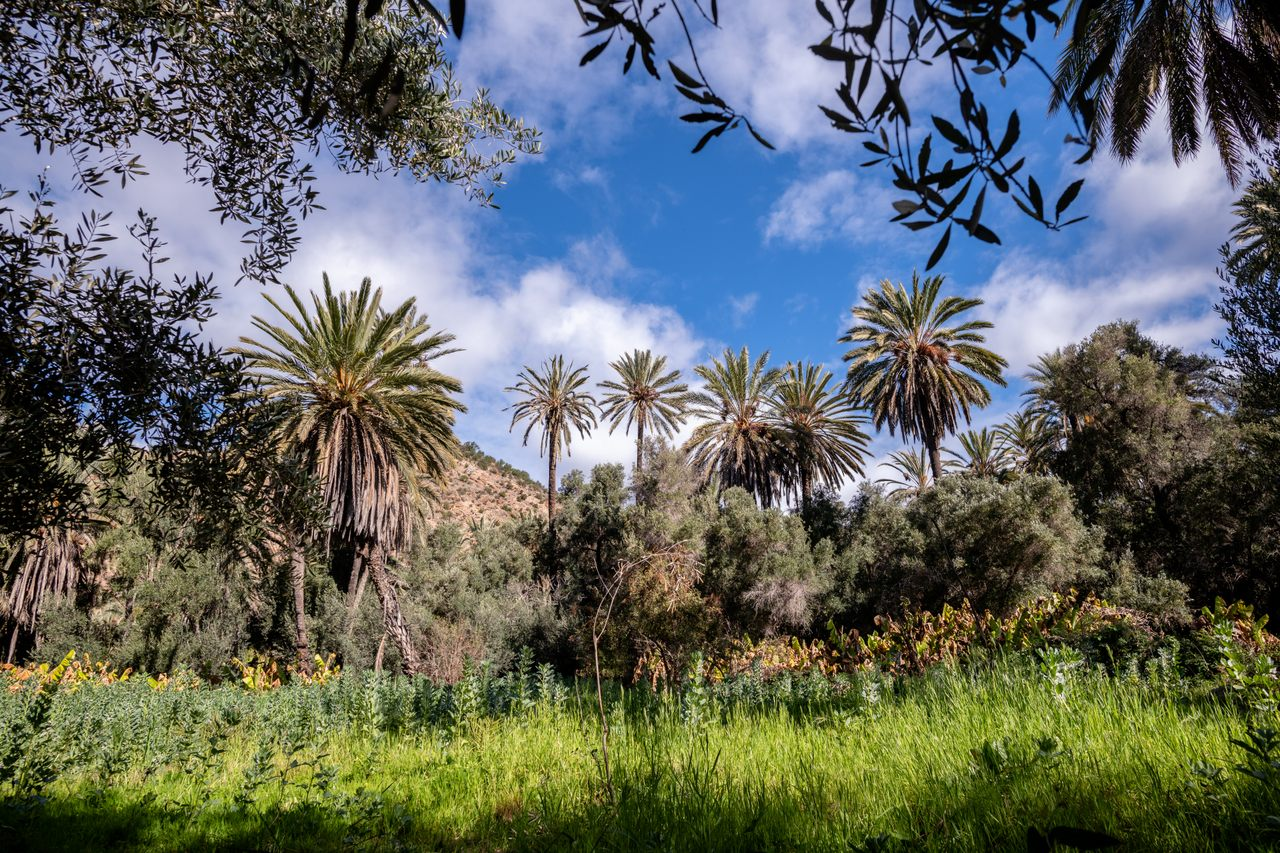- Published on
The Sacred Roots of Morocco Unveiling the Ancient Traditions of Date Palm Cultivation
- Authors

- Name
- Adil ABBADI
Introduction
In the scorching deserts of Morocco, a symbol of life and fertility has thrived for millennia – the majestic date palm tree. For generations, Moroccans have revered this ancient crop, not only for its succulent fruit but also for the sacred oasis traditions that surround it. As we venture into the country's arid landscapes, we'll unravel the intricate web of cultural, spiritual, and environmental significance woven around date palm cultivation.

- Cultural Context
- Traditional Significance
- Modern Relevance
- Cultural Preservation
- Conclusion
- Cultural Call-to-Action
Cultural Context
Date palm cultivation in Morocco dates back to the ancient Phoenician and Roman eras, when these civilizations introduced the crop to the region. Over time, the tree became an integral part of Moroccan identity, particularly in the oases of the Saharan Desert. The date palm's ability to thrive in harsh conditions made it a lifeline for desert dwellers, providing sustenance, shade, and a sense of community.
Traditional Significance
In Moroccan culture, the date palm is considered a sacred tree, often referred to as the "Tree of Life." Its fruit, the date, is a staple food in many oases, particularly during Ramadan, when it's traditionally consumed to break the fast. The tree's leaves are used to create crafts, such as baskets and mats, while its wood is prized for furniture-making. The date palm's significance extends beyond its practical uses, as it's believed to possess spiritual properties, warding off evil spirits and bringing good fortune.

Modern Relevance
Today, date palm cultivation in Morocco faces challenges such as climate change, water scarcity, and urbanization. However, many Moroccan farmers are adapting to these changes by adopting sustainable practices, such as organic farming and drip irrigation. These innovations not only ensure the long-term viability of date palm cultivation but also promote eco-tourism, as visitors flock to experience the country's picturesque oases and learn about its rich cultural heritage.
Cultural Preservation
Efforts to preserve Morocco's date palm traditions are underway, with initiatives aimed at protecting the country's unique palm groves and promoting sustainable agriculture. The Moroccan government has established programs to support small-scale farmers, providing training and resources to help them adapt to the changing climate. Additionally, NGOs and local communities are working together to create date palm-based eco-reserves, which serve as hubs for cultural exchange and environmental education.

Conclusion
The sacred traditions surrounding date palm cultivation in Morocco are a testament to the country's resilience and cultural richness. As we navigate the complexities of modernization, it's essential to recognize the importance of preserving our heritage, not only for future generations but also for the well-being of our planet. By embracing sustainable practices and honoring the sacred roots of Morocco's date palm cultivation, we can ensure the continued prosperity of this ancient tradition.
Cultural Call-to-Action
As we explore the wonders of Moroccan culture, let us not forget the significance of the humble date palm. Let us cherish its sacred roots, support sustainable agriculture, and honor the traditions that have nourished Morocco's oases for centuries. By doing so, we can help preserve the country's rich cultural heritage and ensure the continued thrival of this majestic tree.
